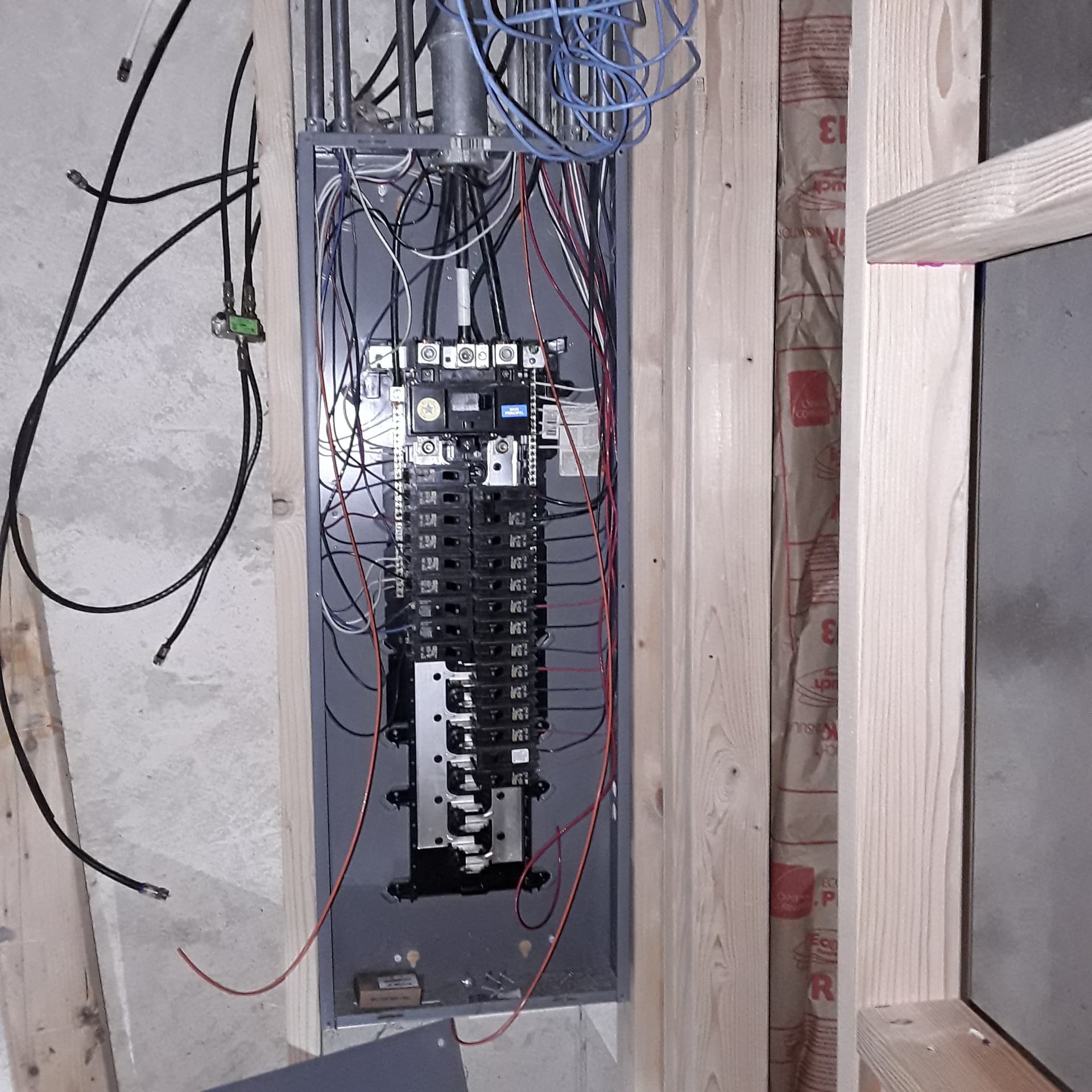That’s what I thought.
You may try searching past posts to see what was already discussed by those involved.
There is a difference between inspecting for AL wire and reporting on AL when observed.
You don’t have to hunt it down, just report when you come across it.
It’s hard to get an empirical sense of the number of lawsuits since most inspectors will likely not broadcast that they have been involved in litigation, especially if they lost. Once you get going, you will see though that the situations you are in can be ripe for being sued.
2X in my company’s history (+/- 25,000 inspections) I’ve gotten a call from “this guy”. Meaning, the Grand Puba, certified master dickhead electrical inspector who tells me he’s going to turn me into some bureau of something. The first time I was new and actually a bit rattled. The second time was fairly recently and I told the guy I would fondly think of him every time I opened one from now on.
Being from Ohio, you need to be licensed to legally perform inspections for a fee in this state and you are required to follow the SOP set forth by the state, which overrides NACHI or any other SOP.
1301$17-1-17-Rule-N.xml (ohio.gov)
(T) A licensee shall inspect a property’s readily accessible components of the electrical
system during a home inspection and report in the home inspection report the
licensee’s findings related to all of the following:
(1) Service drop;
(2) Service entrance conductors, cables and raceways;
(3) Service equipment and main disconnects;
(4) Service grounding;
(5) Interior parts or components of a service panels and subpanels;
He threatened me once as well. I think he’s been banned from every legitimate forum and Facebook group.
Home Inspectors can’t do what Inspector Mike can
If you are a central Ohio home inspector and you want to add an electrical panel inspection to your services let me know. My current rate is $150.00 however I would offer a group rate to NACHI members
I’ll fight to make sure that you can never remove a dead front in Ohio
I’ll refuse to work with your members
home inspectors can’t comment on serious hazards
I’m also the only one who can determine serious hazards
Thanks for looking up SOP in Ohio. One could interpret interior part and components as opening up panel cover and looking at interior components, not specifically saying removing panel and examine wiring connections. That being said I still will remove panel cover if it can be done safely, and report findings and of course recommended a certified electrical contractor if I see issues of concern.
He has been MIA for awhile. He hasn’t posted on Linkedin in a long time and I notice his profile has been removed. Maybe he has gone undercover to spy on us checking to see if we remove the dead fronts? ![]()
why did I just get a visual in my mind of that guy that peeked out of the bushes on laugh in ?..thanks for the chuckle Joe…
it is sad that they removed the lick test from the sop.
The cables are required to be labeled on the sheath on a repeating basis. Look outside the panel.
I was wondering during a inspection I it says the inspector is to look for solid aluminum wiring but it also says to not remove the dead cover of the electric panel. just wanted to get more feedback on this situation
You’d remove a branch outlet cover.
But hey, get good at removing those dead fronts, just take care. You’re not required too, unless you’d like to get repeat business or avoid being sued or be known as a good inspector. There’s too much liability in not checking behind the panel cover.
Simply said open up a Receptacle
Now that is freaking scary!! ![]()
Nevin, Hi…
Please do it, take that cover down if you want to do a top quality observation of the guts of the electrical system. You need to find not only the ‘aluminum above mentioned wires’, double tapping circuits too, proper grounding, and so forth, BUT…
Do it safely!! Use one of those voltage testers (sniffer) to check for a hot surface… hold the cover parallel to the wall electrical cabinet and separate it towards you keeping it plump and level until you reach full separation. Keep the screws in a safe place, you want to put all of them back. I even carry some spare electric panel screws (big head) in my toolbox, just in case one is missing or flies away during dismount.
Real careful when reinstalling the cover. You don’t want to touch any hot live wires while you are holding it into the final approach. This is like the SpaceX Dragon Capsule coupling to the International Space Station (ISS) … completely plump and level. You have to display some “muscle” while doing this, this panel covers are heavy and hard to grasp.
Some Master Electricians known to me use special gloves, they wear a overall yellow
suit and a hard helmet with a pandemic type face shield. All of the above are certified electrically non-conductive clothing and equipment. I learn this on the field from a Solar Energy Master Electrician Auditor.

A memory line: My Dad was an Industrial Safety Superintendent for an Electric Utility Company. He had to do the forensic investigation in all electrocution cases at work. These on-the-job tails about frequent deadly accidents at work were a regular family after dinner table conversation.
I have to be honest, as an Electrical Engineer, I have one of those suits, but very seldom I really use it. It is time consuming.
I turn off the power with the permission of the homeowner, most of the time they don’t mind.





